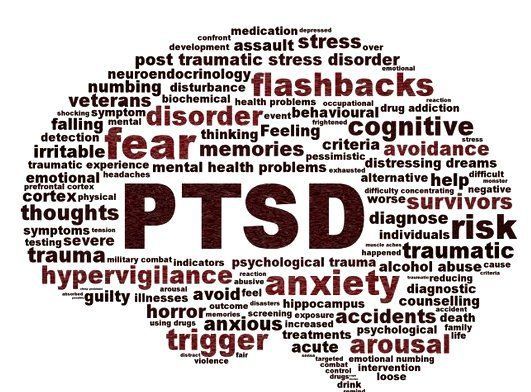Effects of PTSD
PTSD can cause a wide range of mental health symptoms, including recurring nightmares or flashbacks of the traumatic event, avoidance of situations or people that trigger memories of the event, feelings of guilt or shame, and difficulty trusting others. These symptoms can make it difficult for a person with PTSD to maintain healthy relationships and participate in daily activities.

Additionally, PTSD can also lead to depression, anxiety, and other mental health conditions. People with PTSD often struggle with feelings of hopelessness, helplessness, and a loss of interest in things they once enjoyed. These feelings can make it difficult for them to function in their daily lives, and can lead to social isolation and even thoughts of suicide.
PTSD can also have a negative impact on physical health. People with PTSD often experience insomnia, which can lead to fatigue and decreased ability to focus. They may also experience physical symptoms such as headaches, stomach problems, and a higher risk of heart disease. Additionally, PTSD is associated with a higher risk of substance abuse and addiction, which can have a negative impact on physical health.
It's important to note that not everyone who experiences a traumatic event will develop PTSD, and the symptoms and severity of PTSD can vary greatly from person to person. However, if you or someone you know is experiencing symptoms of PTSD, it is important to seek professional help.
Treatment options for PTSD include therapy, medication, and support groups. Therapy can help a person process the traumatic event and learn coping strategies to manage symptoms. Medications, such as antidepressants, can sometimes be helpful in managing symptoms of PTSD. Support groups can provide a sense of community and validation for people with PTSD, as well as provide additional resources and information.
PTSD can have a significant impact on an individual's mental and physical well-being. It is important to recognize the symptoms of PTSD and seek professional help. With proper treatment, people with PTSD can learn to manage their symptoms and improve their overall well-being.






